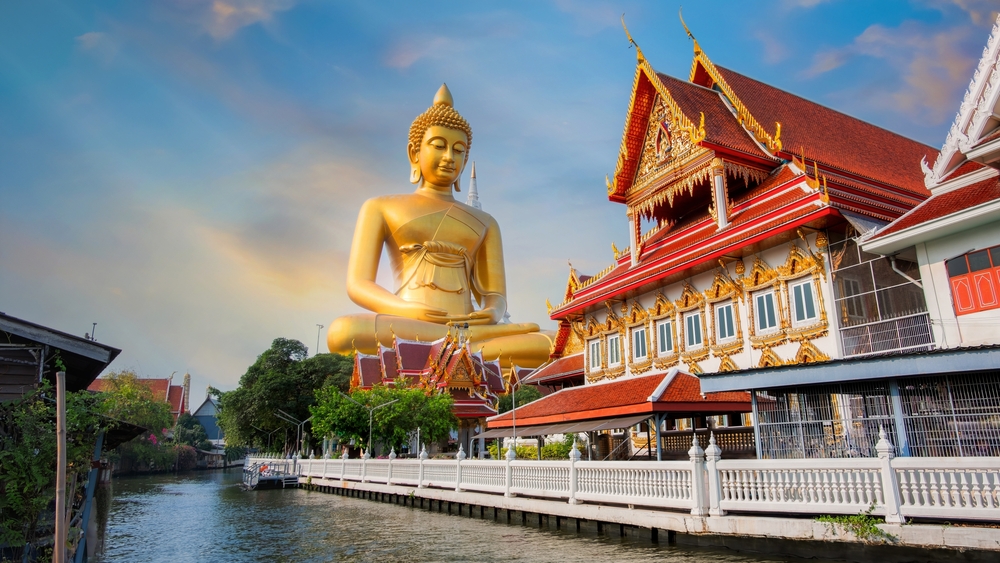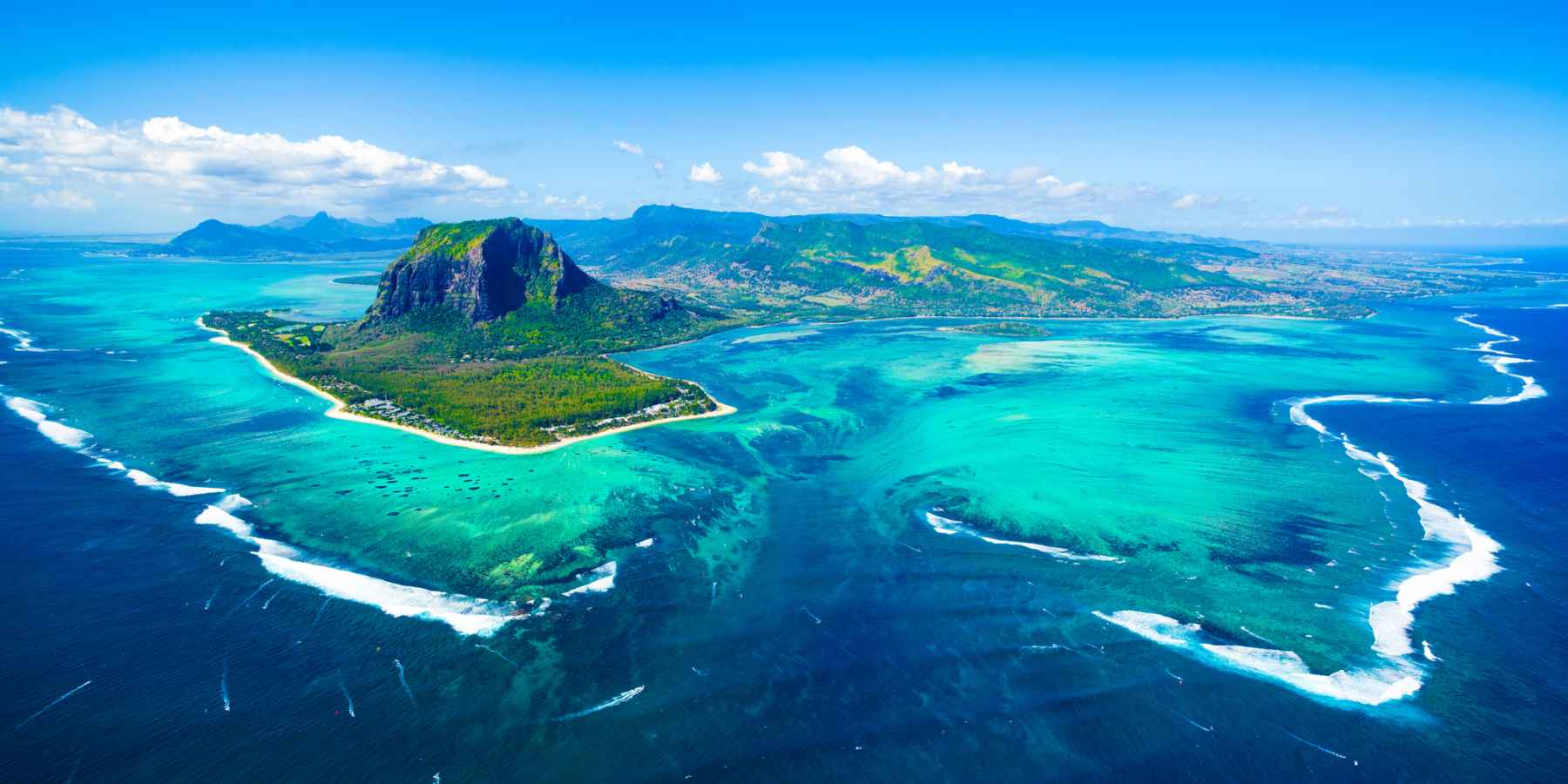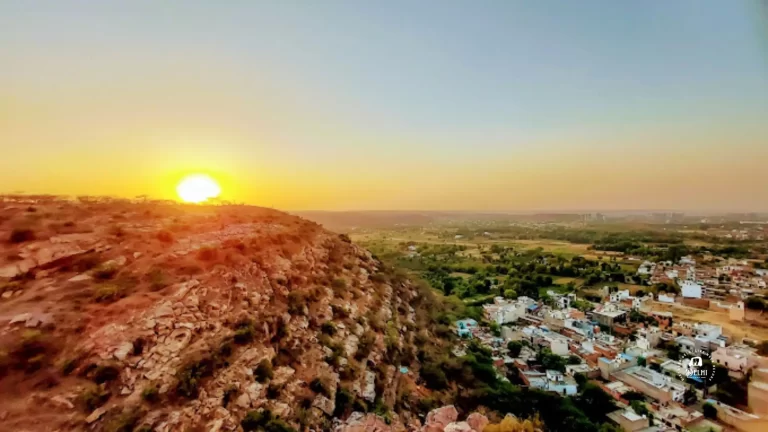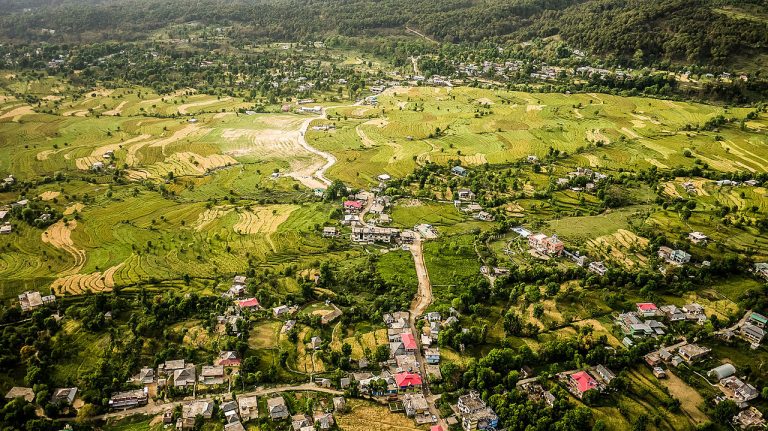Ever found the perfect flight deal, only to be stuck sorting out complex visa paperwork? In 2025, travel is getting easier for Indian passport holders. With updated agreements and relaxed entry policies, several countries now offer visa-free access, letting you skip embassy queues and explore the world more freely.
Here are 7 countries where Indians can travel visa-free this year.
1. Thailand

Policy update:
As of 2024, Thailand extended visa-free entry for Indian passport holders for stays of up to 30 days.
Why visit:
- Floating markets and vibrant street food
- Stunning beaches in Phuket and Krabi
- Historic temples in Chiang Mai
- Affordable shopping in Bangkok
Pro tip: Budget airlines from India offer regular deals to Thailand, making this a great quick-trip option.
2. Malaysia

Policy update:
Malaysia announced visa-free entry for Indians starting December 2023, valid through the end of 2025, with stays up to 30 days.
Why visit:
- Iconic Petronas Towers in Kuala Lumpur
- Cultural heritage in George Town, Penang
- Lush tea plantations in Cameron Highlands
- Rainforest adventures in Borneo
Good to know: Indian travelers still need to register for electronic travel authorization (eNTRI) in some cases, check the latest updates before travel.
3. Sri Lanka

Policy update:
Sri Lanka has continued its visa-free entry for Indians (launched in 2023), with stays of up to 30 days allowed.
Why visit:
- UNESCO World Heritage Sites like Sigiriya
- Pristine beaches in Mirissa and Unawatuna
- Scenic train journeys through Ella
- Diverse wildlife and national parks
Tip: Airfares are often affordable, and it’s a perfect long-weekend destination.
4. Mauritius

Policy:
Mauritius has long offered visa-free entry to Indians for stays of up to 90 days.
Why visit:
- Turquoise lagoons and white-sand beaches
- Luxury resorts and water sports
- Chamarel Colored Earths and Black River Gorges
- Diverse Creole cuisine
Good to know: Many Indian honeymooners and families already favor Mauritius for its visa-free access and easy connectivity.
5. Nepal

Policy:
Indian citizens can enter Nepal visa-free using just a passport or even a government-issued ID.
Why visit:
- Mount Everest and Himalayan treks
- Spiritual experiences in Lumbini and Pashupatinath
- Adventure sports in Pokhara
- Warm local hospitality
Bonus: Indian currency (INR) is widely accepted in many parts of Nepal.
6. Bhutan

Policy:
Indians can enter Bhutan without a visa; however, they need to pay a sustainable development fee (SDF) and get a permit.
Why visit:
- The iconic Tiger’s Nest Monastery
- Dramatic Himalayan landscapes
- Vibrant Buddhist culture
- Clean cities and stunning architecture
Tip: Traveling to Bhutan overland from West Bengal is a popular budget option.
7. Indonesia (Bali)

Policy update:
Indonesia is planning to offer visa-free travel for Indians under its new tourist-friendly initiative (announced late 2024), set to roll out across 2025.
Why visit:
- Bali’s beaches and luxury villas
- Ancient temples like Uluwatu and Tanah Lot
- Rich Balinese culture and dance
- Surfing, yoga retreats, and digital nomad hubs
Status: Check closer to your travel date, the policy was confirmed for rollout in phases.
The Final Note
In 2025, Indian travelers will have more hassle-free options than ever. Visa-free travel not only saves money but also makes spontaneous trips easier to plan. With growing diplomatic ties, expect this list to expand even further in the coming years.
If you’ve been putting off that Thailand beach vacation or Sri Lanka train ride, this is your sign to go!
FAQs
Q: Is visa-free travel the same as “no entry requirements”?
A: No. Visa-free means you don’t need to apply for a visa in advance, but you must still meet entry requirements like having a valid passport, a return ticket, and sufficient funds.
Q: Do visa-free countries ever change policies?
A: Yes. Visa-free agreements can change depending on bilateral relations. Always double-check with the official embassy or tourism board before booking.
Q: Is travel insurance required for visa-free trips?
A: In many cases, yes. Even if it’s not mandatory, travel insurance is highly recommended to cover health emergencies and trip cancellations.






